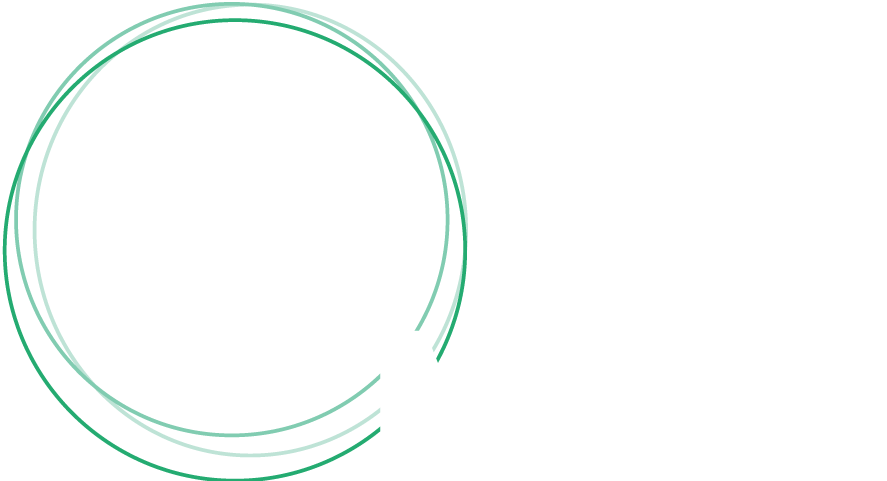The Implementation Agreement for the North Vancouver Island sub-region was announced on Aug. 3, 2016.
- Implementation agreements confirm the partners’ approach to implementation of the marine plans in each sub-region and are consistent with the recommendations contained in each sub-regional marine plan.
- Implementation agreements are the formal agreements between the Province and partner First Nations that outline the intent to collaborate on marine plan implementation, organizational structures, and general provisions on how governments will work together.
Download the North Vancouver Island Implementation Agreement.
Plan Implementation
The Plan is intended to remain relevant to changing issues, priorities and conditions. This will be accomplished through the development of a NVI Marine Plan Implementation Agreement between the Nanwakolas Council, the Province and associated management structures.
The plan recommendations, including plan area management direction and zone recommendations are prioritized in the plan for future implementation (for details, refer to the NVI Marine Plan). Continued collaboration and integration will be essential as work is conducted on all plan strategies. The plan calls for an implementation advisory committee of stakeholders that will periodically meet to give advice on implementation.
Plan implementation progress will be reviewed annually using EBM implementation indicators to measure long-term changes in marine ecosystems, including community and human health, which are potentially attributed to the implementation of plan recommendations. A plan variance process is outlined where a use or activity identified in the plan as “Conditionally Acceptable” or “Not Acceptable” may be challenged by a proponent. The plan variation process will require appropriate rationale, and will reflect the EBM approach.
Watch a video about the work of the NVI Guardians. The Guardian program is one of many projects being implemented in the North Vancouver Island Marine Plan.
Implementation Progress, 2016-2017
North Vancouver Island MaPP implementation activities during 2016-2017 contributed to five MaPP outcome areas: governance and collaboration; marine zoning; stewardship, monitoring and enforcement; sustainable economic development and healthy communities; and, climate change and adaptive management.
During this reporting year, the NVI Marine Plan Advisory Committee (MPAC) was established to support plan implementation. Two meetings of the committee were held.
A process to develop detailed management plans for protection management zone (PMZ) areas with the MPAC was initiated.
Significant progress was made on inventory, predictive modelling, and assessment of vulnerability and sensitivity of cultural and archeological sites. A shellfish aquaculture pilot project to test the commercial viability of blue mussels and scallop culture was started.
For details about progress on marine plan implementation activities, see the North Vancouver Island Annual Report 2016-2017.
Implementation Progress, 2017-2018
North Vancouver Island (NVI) MaPP implementation activities during 2017-2018 contributed to four MaPP outcome areas: governance and collaboration; marine zoning; stewardship, monitoring and enforcement; and sustainable economic development and healthy communities. In particular, good progress was made in economic development, marine protection planning, cultural and heritage assessment and inventory, and in using the Guardian programs to support these activities.
During 2017-2018, the NVI Marine Plan Advisory Committee (MPAC) was convened on four occasions: two regular meetings to review the work plan and progress on various projects, and two workshops to provide local knowledge and input to develop draft management plans for five protection management zones.
Good progress continues to be made on the inventory, modeling and vulnerability assessment of cultural and heritage sites. Through the MaPP initiative, there has been considerable effort to increase collaboration regarding the monitoring and management of cultural and archeological sites between Nanwakolas Council member First Nations’ Guardian programs, B.C. government natural resource officers, B.C. Archaeology Branch, and the B.C. Ministry of Indigenous Relations and Reconciliation.
The shellfish aquaculture pilot project completed its first full year with promising results showing good seasonal growth. Other projects undertaken over the year included: a study of recreation and tourism opportunities in the North Vancouver Island region; identification of priority polluted areas for restoration and development restoration plans and high-level cost estimates; and gathering information from Nanwakolas member First Nations, B.C. ministries and MPAC members on vulnerable and sensitive areas to support developing a component of an NVI geographic response plan.
For details about progress on marine plan implementation activities, see the North Vancouver Island Annual Report 2018.
Implementation Progress, 2018-2019
The NVI MaPP partner priorities during the fiscal year of implementation were cultural protection, EBM monitoring, economic development, conservation, and governance.
Implementation activities occurred in all five MaPP outcome areas: governance and collaboration; marine zoning; stewardship, monitoring and enforcement; sustainable economic development and healthy communities; and climate change and adaptive management. In particular, good progress has been made in cultural protection, EBM monitoring, economic development, and marine protection planning. The Guardian program has played a strong role in supporting the field work components of these projects, particularly EBM monitoring, archeological assessments and the aquaculture projects.
One of the key challenges faced in the reporting year was the quality and timing of product from some of the consultants contracted for implementation work. New and expanding projects with field work components require considerable, sometimes complex field work and data entry tend to rely on the Guardians, which increases demands on their time and capacity and requires training and supervision. More collaborative work planning between project managers and Guardians that considers training, capacity, and scheduling needs will increase success of the projects and improve capacity for the Guardians. Slower than anticipated progress is also related to required MaPP engagement in collaborative processes and agreements with federal departments.
Looking ahead to 2019-2020, the focus for implementation will be to build on successful projects accomplished this year, including implementation of the Cultural and Heritage Action Plan and Pilot Project, continued archeological assessments, EBM monitoring, and completion of the shellfish aquaculture and marine plant aquaculture pilot projects. New projects include the marine governance assessment and training needs inventory, as well as supporting the local fisheries economy, climate change vulnerability assessment, and marsh resilience monitoring.
For details about progress on marine plan implementation activities, see the North Vancouver Island Annual Report 2019.
Implementation Progress, 2019-2020
The NVI MaPP partner priorities during the fiscal year of implementation were cultural protection, EBM monitoring, economic development, conservation, and governance.
Implementation activities occurred in all five MaPP outcome areas: governance and collaboration; marine zoning; stewardship, monitoring and enforcement; sustainable economic development and healthy communities; and, climate change and adaptive management. In particular, good progress has been made in cultural protection, EBM monitoring, economic development, and marine protection planning. The Guardian Program has played a strong role in supporting the fieldwork components of these projects, particularly EBM monitoring, archaeological assessments and the aquaculture projects.
Challenges faced during the implementation year were those generally associated with management of a large number of contracts, including delays in contract award and delays associated with review of final products. A continuing challenge in the reporting year also related to the dependence on Guardian program staff to assist with or contribute to MaPP projects in the face of many other competing demands for their time.
Looking ahead to 2020-2021, implementation activities are intended to continue key, ongoing activities such as the EBM monitoring program, complete work that was initiated during the past 1-2 years such as the Archaeological Pilot Project, and initiate new priority projects, including plan amendments.
For details about progress on marine plan implementation activities, see the North Vancouver Island Annual Report 2020.



